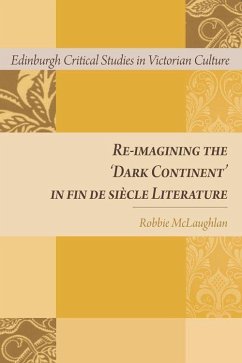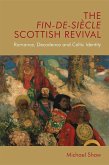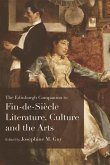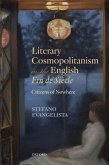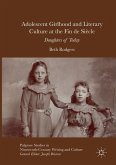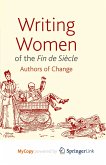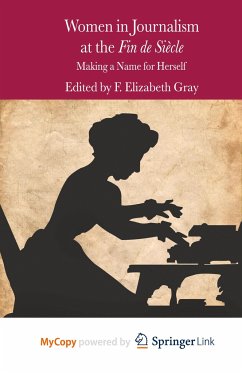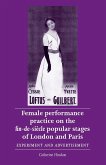Robbie McLaughlan maps the fin de si?cle mission to open up the "Dark Continent." Although nineteenth-century map-makers imposed topographic definition upon a perceived geographical void, writers of adventure fiction, and other colonial writers, continued to nourish the idea of a cartographic absence in their work. McLaughlan explores the effects of this epistemological blankness in fin de si?cle literature, and its impact upon early Modernist culture, through the emerging discipline of psychoanalysis and the debt that Freud owed to African exploration. As Robbie McLaughlan demonstrates, it was the late Victorian "best-seller" which merged an arcane Central African imagery with an interest in psychic phenomena.
Add Series Information Re-Imagining the Dark Continent in fin de siècle Literature Robbie McLaughlan Explores the fin de siècle mission to open up the 'Dark Continent' This study maps the effects of a cartographic blankness in literature and its impact upon early Modernist culture, through the nascent discipline of psychoanalysis and the debt that Freud owed to African exploration. It demonstrates that tales of intrepid exploration and of dramatic cultural encounters between indigenous populations - often serialised in missionary magazines - had a profound influence on every facet of late Victorian and early Modernist culture. As Robbie McLaughlan shows, this influence manifested itself most clearly in the late Victorian 'best-seller' which blended this arcane Central African imagery with an interest in psychic phenomena. The chapters examine: representations of unexplored regions in missionary writing and Rider Haggard's narratives on Africa; the cartographic tradition in Conrad's Heart of Darkness and Jung's Memories, Dreams, Reflections; and mesmeric fiction, such as Richard Marsh's The Beetle, Robert Buchanan's The Charlatan and George du Maurier's Trilby. Key Features: * Opens up the 'dark continent' and its literary, historical and theoretical manifestations * Argues for an anticipation of a modernist aesthetic suggesting an unexplored relation between fin de siècle sensation literature, in particular mesmeric fiction, and psychoanalysis * Diverges from established colonial histories by drawing on an archive of special and neglected material Robbie McLaughlan is an Affiliate at the University of Glasgow. He is working on the historical points of intersection between culture and psychoanalysis.
Add Series Information Re-Imagining the Dark Continent in fin de siècle Literature Robbie McLaughlan Explores the fin de siècle mission to open up the 'Dark Continent' This study maps the effects of a cartographic blankness in literature and its impact upon early Modernist culture, through the nascent discipline of psychoanalysis and the debt that Freud owed to African exploration. It demonstrates that tales of intrepid exploration and of dramatic cultural encounters between indigenous populations - often serialised in missionary magazines - had a profound influence on every facet of late Victorian and early Modernist culture. As Robbie McLaughlan shows, this influence manifested itself most clearly in the late Victorian 'best-seller' which blended this arcane Central African imagery with an interest in psychic phenomena. The chapters examine: representations of unexplored regions in missionary writing and Rider Haggard's narratives on Africa; the cartographic tradition in Conrad's Heart of Darkness and Jung's Memories, Dreams, Reflections; and mesmeric fiction, such as Richard Marsh's The Beetle, Robert Buchanan's The Charlatan and George du Maurier's Trilby. Key Features: * Opens up the 'dark continent' and its literary, historical and theoretical manifestations * Argues for an anticipation of a modernist aesthetic suggesting an unexplored relation between fin de siècle sensation literature, in particular mesmeric fiction, and psychoanalysis * Diverges from established colonial histories by drawing on an archive of special and neglected material Robbie McLaughlan is an Affiliate at the University of Glasgow. He is working on the historical points of intersection between culture and psychoanalysis.

